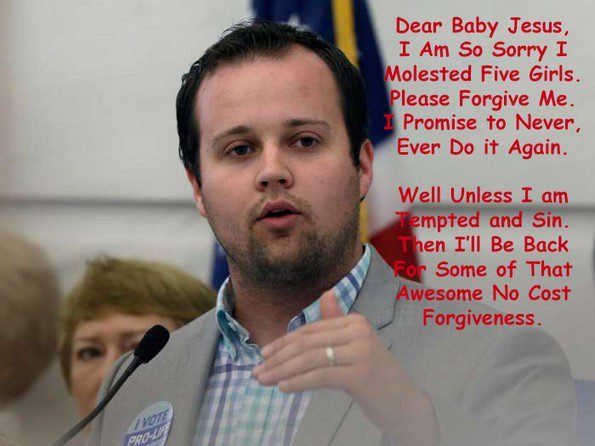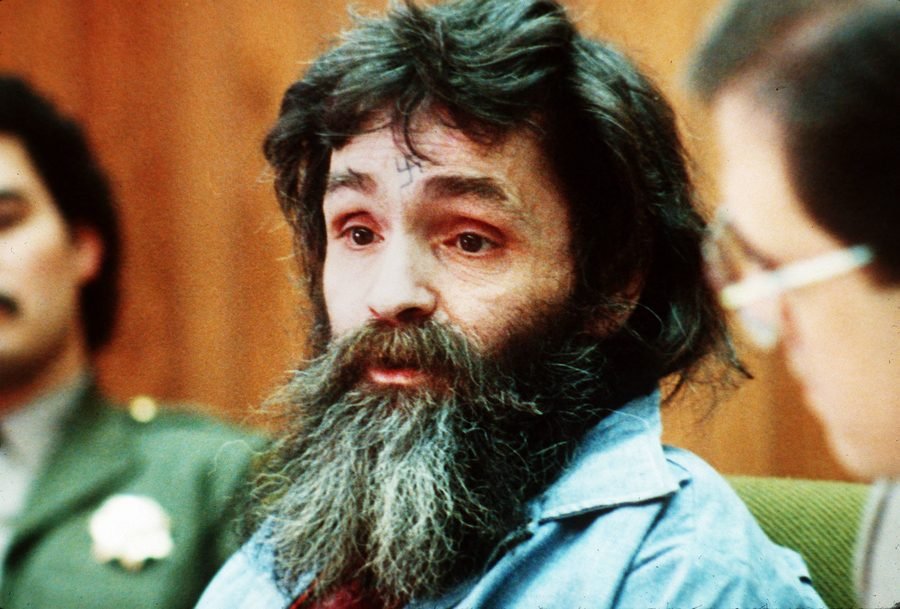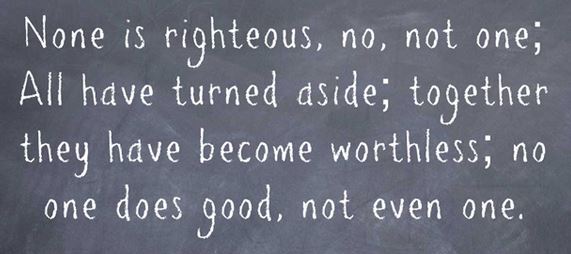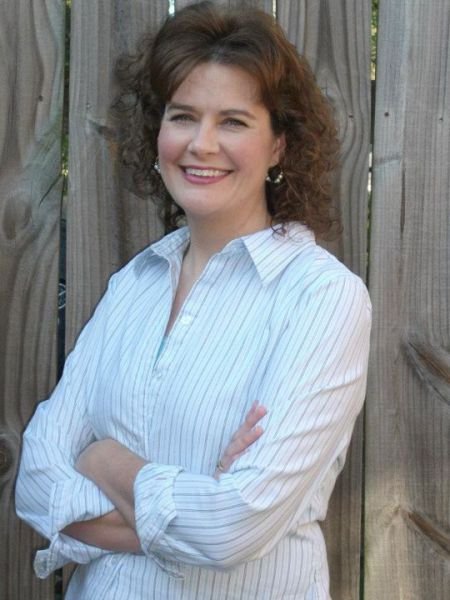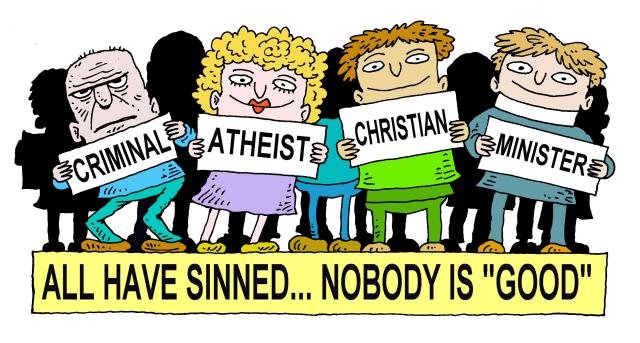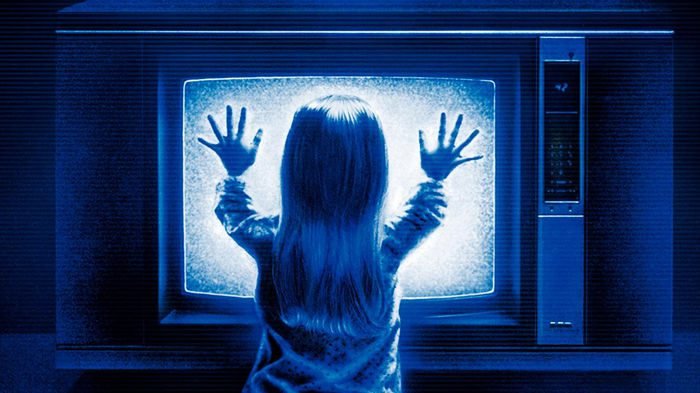
Guest post by Karen (Karen the Rock Whisperer)
When my mother and father stood in front of the Catholic priest that cold, wet day in February, 1944, at the Army base in Medford, Oregon, they made the usual promises. Implicit in those promises, and in the willingness of the priest to marry them, was that they would raise any offspring as Catholic. For my father was a non-churched Lutheran, and my mother was a devout Catholic.
My father shipped out to the Pacific Theater two days later, and my mother went back to Oakland, California, to continue waiting tables and praying for her beloved’s safe return. Daddy spent time in the Philippines at an army hospital as a med tech. He’d studied hard for the position, knowing he didn’t want to be a regular soldier and kill anyone. He spent his nights stitching up damaged soldiers, giving his meals away to starving Philippine children, and doing midnight requisitions of foodstuffs to feed himself and his fellow medics who were doing the same thing. But at last, he was discharged and came home to his wife.
Before the war, Daddy had been a manager for a string of grocery stores in the Midwest, where my parents grew up. His role was in starting new stores, and overseeing their management until they got on their feet. It was a job that demanded a lot of traveling. After the war, he decided to become an accountant. He went to college thanks to support from the US government, and Mama continued to wait tables to feed them. He finished a four-year degree in three years, and went to work as a junior accountant in a small firm. Eventually he would get his Public Accountant certification (which doesn’t exist any more, it’s been replaced by the more stringent Certified Public Accountant certification).
With a steady income, it was time to have a family. My parents tried, and tried, and tried. Years later, when my mother had a hysterectomy, it was revealed that her ovaries had never developed normally. But meanwhile, eventually, my parents came to the conclusion that it was time to consider adoption. They got on a waiting list with a local Catholic adoption agency. And waited. And waited. And then, one day in 1959, the call came. A baby was due to be born, and its parents were putting it up for adoption. Would my parents take it? They were overjoyed.
So, I arrived on the scene, a most beloved addition to the family. My mother spent the first six months of my life in utter agony, sure that she was not an adequate mother, and that the agency would take me away. But the agency decided I was in a very good home indeed, and gave my parents their blessing. I was permanently their child. There was much celebration over that decision.
Now it was time to raise the perfect Catholic daughter.
My parents, as parents, lucked out, though they didn’t realize it. They got a smart but uber-compliant child. They didn’t question this luck, they figured they were simply doing everything right. The truth was, the little girl that was me suffered from depression. It would be a condition that would dog me my entire life, and still does, though now psychotropic drugs help greatly. But meanwhile, they had the perfect daughter, though she tended to put on too many pounds for her age. Other than that, she was smart, learned quickly to be polite, to generally shut up until spoken to, and tended to play alone and quietly. What could be better?
Also, that daughter was becoming a Good Catholic. I went to Catholic schools starting in first grade, and continued through high school. They were excellent schools for the most part, especially in Oakland, which had at the time a dismal public school system. So I learned about God, Jesus, Mary, the Holy Spirit, math, English, science, and many other subjects. It helped that the schools I attended were run by the Sisters of the Holy Names of Jesus and Mary, an uber-liberal band of nuns who were focused on good education and social justice. I have no memories of authoritarian nuns wielding rulers. Instead, I remember warm, engaging women who encouraged all their charges to love one another and love those who especially needed love in their lives. Their goal was to create what are now (in a good sense) known as Social Justice Warriors. They wanted their students to make a difference in the lives of people who needed it. This ethos has stuck with me over the years, even as my beliefs have changed radically.
My conservative parents had no idea my nuns were so liberal. I didn’t enlighten them.
I faithfully went to Confession weekly. This is where you go confess your sins to a priest. He gives you a penance of prayers to say or things to do, and absolves you of your sins. The prayers are for thought-sins or small misbehaviors that can’t be righted. But a priest will counsel a penitent to make right a sin against someone else, such as stealing. I remember as a child, trying to figure out what sins I’d committed that week. I really was a good kid, well-behaved, loved to live in books, and didn’t sin a whole lot. But I must have done something wrong. It was difficult and troubling.
I don’t remember my First Communion, which is a big deal for Catholics and occurs around second grade, I think. This is when children are considered old enough to understand that they are actually partaking of Jesus’ real body. The belief is that though the bread or wafers and wine still appear to be conventional foodstuffs, they are transubstantiated into the body and blood of Christ. In most Catholic churches, wine is seldom passed, and most attendees at Mass only partake of the bread/wafers.
I do remember bits of my Confirmation. This happens in late elementary school or middle school, when children are considered to be old enough and educated enough in their religion to be considered full Catholics in good standing. Like First Communion, it involves a church ceremony. I think the girls wore white dresses. I don’t remember what the boys wore. We each had to choose a Confirmation Name, preferably the name of a saint, who would inspire us. I wanted to choose Deborah, who in the Old Testament was a Judge. My mother insisted I choose Anne, who in Catholic mythology is the mother of the Blessed Mother Mary. (You can see, from that interaction, that my mother and I had different ideas about my path in life.) I was horribly embarrassed to be addressed in the ceremony as Anne.
The problems started happening in high school. I started to doubt. I started to read bits of the Bible, which is normally not a thing that Catholics do. Catholics are not discouraged from reading the Bible, and in fact there are always Bible readings as part of a Catholic Mass (church service). But it isn’t encouraged, the way that it is in Evangelical churches. There are seldom Catholic Bible studies. But I read stuff… and it bothered me. I had been raised by my parents and my nuns to believe that a person who seeks to do right, who confesses her sins, whose heart was focused on a loving father God, would eventually go to heaven. But the Bible revealed another side of God. A non-loving side. I was disturbed.
Part of the problem was that I had been praying earnestly my entire life, but had never felt the presence of God. It was like talking to a brick wall. That gets old after a while. I had never had a spiritual experience that might convince me that God was real. My spiritual life had gotten very difficult. I remember a high school religion class assignment to write a poem about the presence of God in my life. I simply couldn’t do it. I handed in something about nature, and it came back with my teacher demanding, “Where is God in this?”
Off to college. My teenage rebellion was not actually intentional, but I’d chosen engineering as a major. My dad, who was paying for college, was cool with it. My mother was mortified. Engineering was a man’s job! My first three years, I was still a Sunday churchgoer at the Catholic Student Community church (Newman Center). I wasn’t sure what I believed, but this was a crowd of liberal, service-focused people and I enjoyed their company. A student music group led the hymns, and sometimes played for us rather than having us sing. Fantastic musicians. There’s a lot to be said for churchgoing; it fulfills a need for social connection with like-minded people. Hymns you’ve sung since childhood resonate. Catholic Masses are pretty tightly scripted with a specific liturgy. There are Bible readings, with the last being from the Gospels, and a sermon. Then there are familiar prayers, blessing of bread and wine, and Communion. In that church, rather than the traditional wafers, communion bread was Portuguese Sweet Bread baked by community members. (I took my turn at baking it.) We passed around baskets of bread and cups of wine. It felt like we were all family.
But I was drifting away. The theology made less and less sense to me. I had no sense of God in my life. The church’s position on things like abortion and birth control were evil. I’d acquired a boyfriend, later a fiancé, who was raised in an Evangelical tradition and thought poorly of everything having to do with Catholicism. He was on his own path toward becoming an atheist, but he wasn’t there yet. But under his influence, I stopped going to church. It let me sleep in on Sunday mornings, which to a college student is a real blessing itself.
Then came the issue of marriage. My mother was adamant. If I didn’t get married in a Catholic church, she wouldn’t consider me to be married. I was too young then to call her bluff, so we made arrangements to be married at the same Newman Center where I’d attended services. We would marry after my fiancé’s graduation, though I still had a couple of quarters of schooling left. At the time, the Catholic Church required that we get premarital counseling from our priest, and a dispensation from the local Bishop so that I could marry a non-Catholic. The counseling session went well, and the dispensation was treated as a bit of routine paperwork.
On the sunny morning of June 21, 1980, we were married in the small Newman Center church in Davis, California. Including ourselves, the priest, and the harpsichordist who played our music, there were 17 people total… plus the neighborhood cat who wandered into the church in the middle of the ceremony. The ceremony was merely a wedding, without an optional full Mass. The reception was cake and punch on the church lawn; I was juggling Evangelical, alcohol-hating in-laws with parents who believed you couldn’t properly have an afternoon or evening reception without it. So we had cake and punch at 11 am.
It was the last time I willingly attended a Catholic service, except for other people’s weddings and funerals. I didn’t realize it yet, but I was on the fast track to becoming an atheist. I would take a short side trip into Evangelicalism, though I never bought into most of it; I simply liked the idea of a church community that my husband would accept. But the Catholic Church and I were done. I’d had it with any theology that treated good people badly because they didn’t believe the right things, or engaged in consensual sex outside of marriage, or accepted the need for abortion sometimes, or embraced birth control. I’d had it with any theology that treated women as somehow being less than men. A few years later, after my depression finally was diagnosed and treated, I would realize I’d had it with theology in general. But leaving the Catholic Church was a huge first step.
Share This Post On Social Media:
